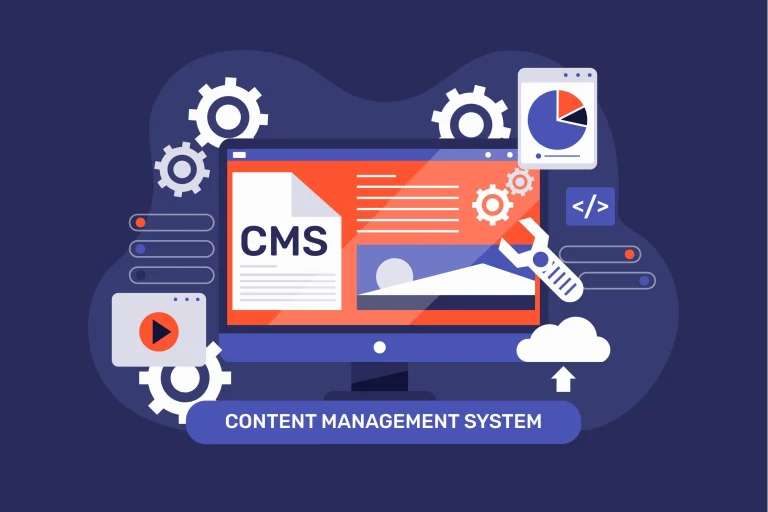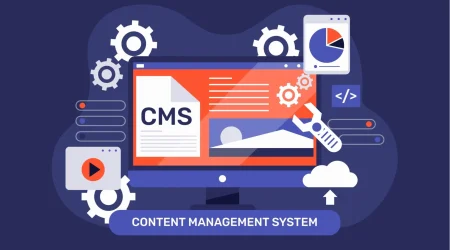What Is the llms.txt File?
The llms.txt file is a protocol (or standard proposal) that website owners can use to give guidance to large language models (LLMs) or AI-driven search agents—much in the same way robots.txt provides directives to traditional web crawlers.
In short: llms.txt tells AI systems which content on your site you prefer they index, reference, quote, or omit when generating answers.
Advantages and Disadvantages of Implementing the llms.txt File
Advantages
- Explicit guidance: You signal which pages or sections are preferred or off-limits for AI agents.
- Control over AI visibility: You can prioritize pages you want cited in AI answer engines or conversational agents.
- Brand and content protection: You can reduce the risk of AI hallucinations by marking low-quality or outdated pages as “do not reference.”
- SEO synergy: For sites well-indexed by traditional search, llms.txt may help align AI-based visibility with your SEO goals.
Disadvantages
- Limited adoption: Many AI platforms may ignore llms.txt or not support it fully.
- Potential conflicts: If directives contradict other policies (e.g. meta tags, robots.txt), interpretation may vary.
- Maintenance overhead: Requires upkeep as content changes, new pages are added, or strategies evolve.
- False sense of security: It’s not a guarantee—AI systems may override or disregard the file in some cases.
Difference Between llms.txt and robots.txt
| Feature | robots.txt | llms.txt |
| Target agents | Traditional web crawlers, bots | Large language models, AI agents, conversational answer systems |
| Purpose | Block or allow crawling / indexing | Guide citation, quoting, referencing by AI systems |
| Behavior | Widely followed standard | Emerging / speculative standard; not universally honored |
| Syntax | Disallow: /path, Allow: /path | May use custom directives like ai-preferred: /page, ai-exclude: /section (hypothetical) |
| Overlap | May limit full AI access to pages | More granular control over what AI “sees” or “uses” |
Put simply: robots.txt tells bots which files to crawl, while llms.txt (if respected) tells AI agents which content to prioritize, reference, or avoid.
How to Implement the llms.txt File on Your Website
To deploy llms.txt, follow these steps:
- Place file at root
Upload llms.txt to the root directory (https://yourdomain.com/llms.txt), so AI agents can discover it. - Set HTTP headers
Use proper Content-Type (e.g. text/plain) and caching headers to ensure current directives are fetched. - Update sitemaps or meta links (optional)
You may include a reference in your robots.txt or HTML <head> to point to llms.txt. - Monitor logs and citations
Check server logs, AI agent fetches, and how often your content is being cited in AI answer engines. - Revise over time
As you add new content or retire old pages, update llms.txt and version it.
Why AI Platforms May Choose Not to Use llms.txt
- Lack of standard adoption: If the AI doesn’t recognize llms.txt, it will ignore it.
- Overriding logic: AI models may rely more on content trust signals (links, domain authority) than directives.
- Internal policies or legal constraints: Some platforms may bypass external directives to ensure answer completeness.
- Ambiguous or conflicting directives: If instructions clash or are unclear, AI may default to its own heuristics.
Because of these uncertainties, llms.txt should be seen as guidance, not enforcement.
What SEO Plugins Say About llms.txt
Some popular SEO or content plugins might:
- Warn about missing llms.txt.
- Offer a UI to manage or inject llms.txt entries.
- Flag conflicts between llms.txt and meta directives.
- Provide recommendations such as “Prefer AI exposure for pillar pages.”
But because adoption is nascent, plugin support varies. Always cross-check plugin outputs before publishing.
Maximizing AI Visibility: How to Win Mentions & Citations in Answer Engines
Even with llms.txt in place, your content still needs to prove its value to AI systems. Here are strategies:
- Authoritative content: Comprehensive, well-cited pages are more likely to be used by AI agents.
- Structured content: Use headings, lists, schema markup, and clear formatting.
- Semantic optimization: Match how questions are asked (natural language, FAQs).
- Freshness and updates: Regularly revise content; many AI systems prefer current info.
- Internal linking: Link pillar content to related subpages to signal importance.
- Citations and references: Provide trustworthy external sources to reinforce authority.
By combining llms.txt guidance + strong content strategy, you increase your odds of being surfaced in AI-driven responses.
SEO Starter Stack: Get Found Without Paying for Ads
To complement llms.txt, here’s a starter SEO stack:
- Keyword research & intent mapping
- On-page SEO: titles, meta descriptions, headings
- Structured data / schema markup
- High-quality content (with internal linking)
- Technical SEO & site performance
- Backlink acquisition / partnerships
- AI visibility optimization: llms.txt, Q&A pages, semantic content
This stack helps ensure your site is discoverable both via classical search engines and emerging AI answer systems.
Google AI Overviews: Impact on Publishers and How to Adapt Into 2026
Google is increasingly surfacing AI-generated overviews or “AI summaries” atop search results. For publishers, this means:
- Risk of content being summarized instead of clicked
- Need for concise, high-value content that stands out
- Opportunity to optimize for AI excerpts (e.g. “paragraph answers”)
To adapt:
- Structure answers clearly (direct question → clear answer → elaboration)
- Use boxed summaries, bullet points, and tables
- Ensure your content is unique and more detailed than competitors
- Monitor how often your pages are being summarized vs clicked
In 2026, publishers who master both SEO and AI-aware content will have a decade-long edge.
FAQs
What are foundation models, and why are they important for LLMs?
Foundation models are large-scale pretrained models (e.g. GPT, PaLM) that serve as the basis for downstream tasks. They are “foundational” because they capture broad knowledge before fine-tuning on specific domains.
How does fine-tuning improve the performance of large language models?
Fine-tuning updates a pretrained model on domain-specific data so it better aligns with particular tasks, improves accuracy, reduces hallucinations, and adapts to niche vocabularies.
What is generative AI, and how does it relate to SEO?
Generative AI produces new content (text, images, code). In SEO, it can generate summaries, paraphrase, or content drafts—making it vital to supervise and guide outputs (via llms.txt) to avoid misuse or low-quality citations.
How does artificial intelligence impact modern SEO strategies?
AI changes SEO by shifting evaluation criteria (e.g. content used in AI answers), introducing new discovery methods (conversational search), and requiring site owners to think about how AI “sees” their pages—not just how humans do.
How do large language models generate text?
They predict the next token (word or subword) based on context and training. Through probability distributions and internal attention mechanisms, they “compose” sentences one token at a time.
What business applications can benefit from using llms.txt?
- SaaS knowledge bases (to guide AI reference)
- E-commerce (steering AI away from deprecated products)
- Healthcare or finance (avoiding misquoting sensitive sections)
- News sites (prioritizing official statements)
- Technical documentation (ensuring AI cites stable reference pages)
Can large language models assist with code generation?
Yes. Models like GPT and Codex are commonly used to generate boilerplate code, suggest functions, and help with debugging—especially when guided by clear context or constraints.
Conclusion
The llms.txt file is an intriguing tool in the evolving landscape of AI-based search and answer systems. While not yet universally honored, it gives publishers an early opportunity to guide how large language models reference and use their content.
By combining llms.txt with strong SEO practices, well-structured content, and monitoring, you position your site both for current search engines and next-generation AI platforms.
At Absolute Websites, we specialize in building fast, intelligent, and AI-ready websites designed to thrive in the new era of llms.txt optimization and AI search visibility.








